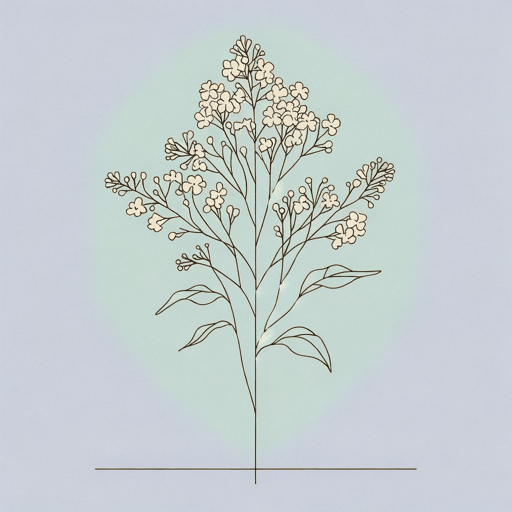42 pages • 1 hour read
Alice HoffmanPractical Magic
Fiction | Novel | Adult | Published in 1995A modern alternative to SparkNotes and CliffsNotes, SuperSummary offers high-quality Study Guides with detailed chapter summaries and analysis of major themes, characters, and more.
Important Quotes
“Before long they’d convinced themselves that it wasn’t safe to walk past the Owens house after dark, and only the most foolish neighbors would dare to peer over the black wrought-iron fence that circled the yard like a snake.”
(Part 1, Page 3)
This moment introduces the superstition and distrust that the Owens family grows up with and that shapes the paths each one of them takes. It also reveals an important truth about the root of this mistrust: “[T]hey’d convinced themselves” of magic and evil, rather than witnessing it firsthand. In this way, discord comes not from a supernatural source, but from a psychological, human place.
“Night and Day, the aunts called them, and although neither girl laughed at this little joke or found it amusing in the least, they recognized the truth in it, and were able to understand, earlier than most sisters, that the moon is always jealous of the heat of day, just as the sun always longs for something dark and deep.”
(Part 1, Page 6)
This moment uses the motifs of the sun and moon, long associated with astrology, alchemy, and witchcraft, to illustrate Sally’s and Gillian’s characterization. It presents them as both in balance and in juxtaposition; although they complete each other, they cannot exist within the same space. This is a dynamic they bring forward with them into their adult years.
“Desire had a way of making a person oddly courageous. In the aunt’s opinion, it could sneak up on a grown woman and turn her from a sensible creature into something as foolish as a flea that keeps chasing after the same old dog.”
(Part 1, Page 13)
The narrative uses irony in this moment to illustrate the dual nature of love. The story explains that love begets courage, a trait normally associated with positivity and strength. Here, however, it is inverted to become something volatile and dangerous. This use of irony and contrast shows how love itself can be a force for both good and ill, a vehicle of both inner strength and destruction.
Related Titles
By Alice Hoffman
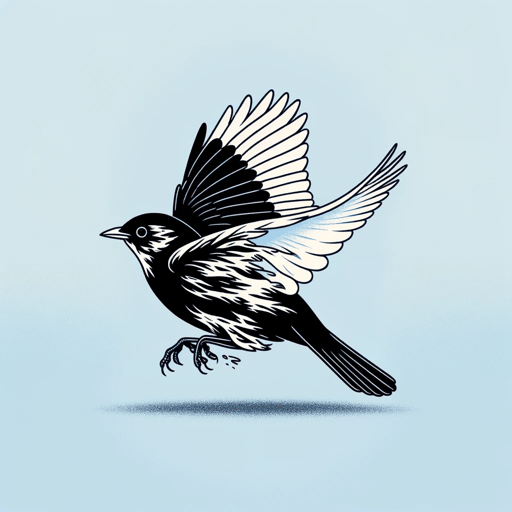
Blackbird House
Alice Hoffman

Green Angel
Alice Hoffman
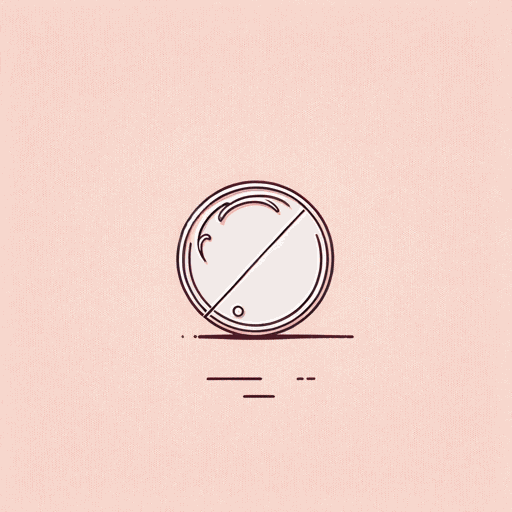
Half Magic
Edward Eager, N. M. Bodecker, Alice Hoffman
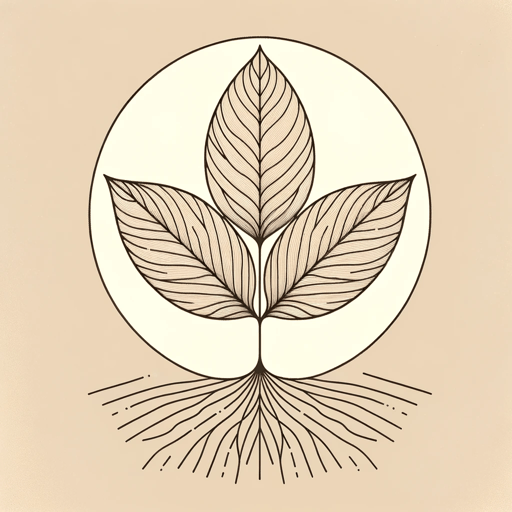
Incantation
Alice Hoffman

Local Girls
Alice Hoffman

Nightbird
Alice Hoffman

The Dovekeepers
Alice Hoffman
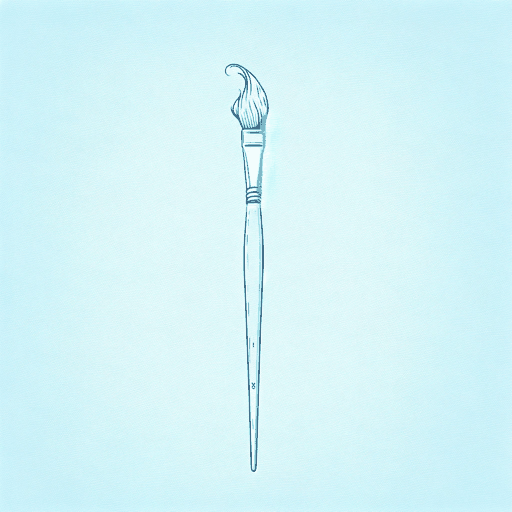
The Marriage Of Opposites
Alice Hoffman

The Museum of Extraordinary Things
Alice Hoffman

The River King
Alice Hoffman
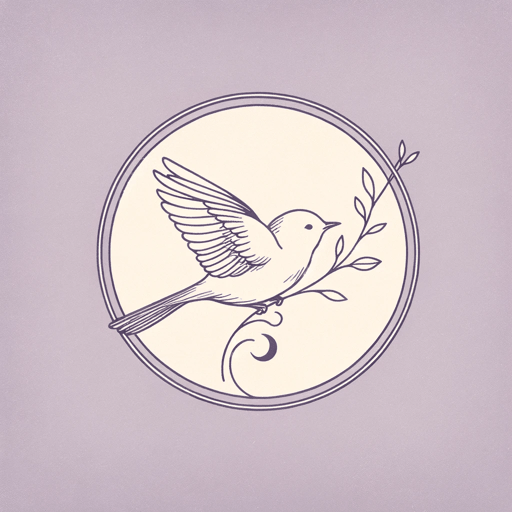
The Rules of Magic
Alice Hoffman

The World That We Knew
Alice Hoffman
